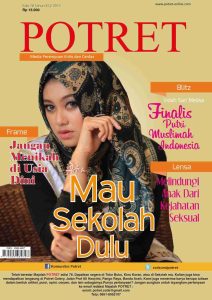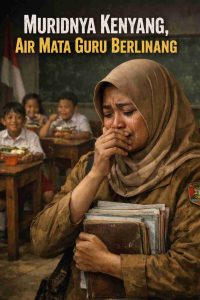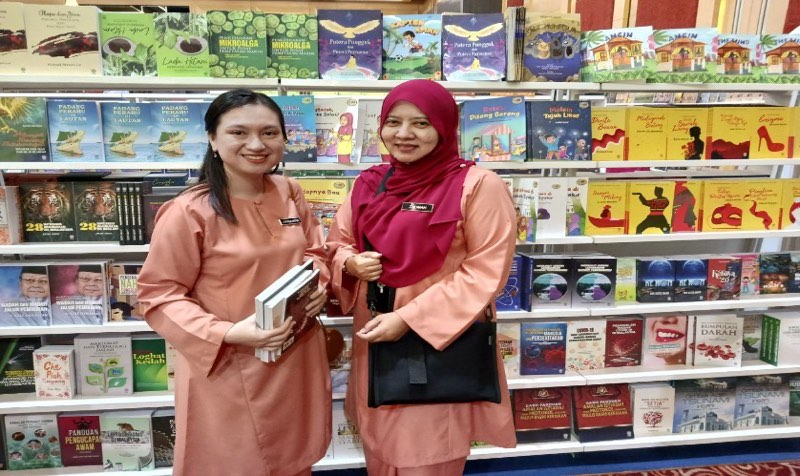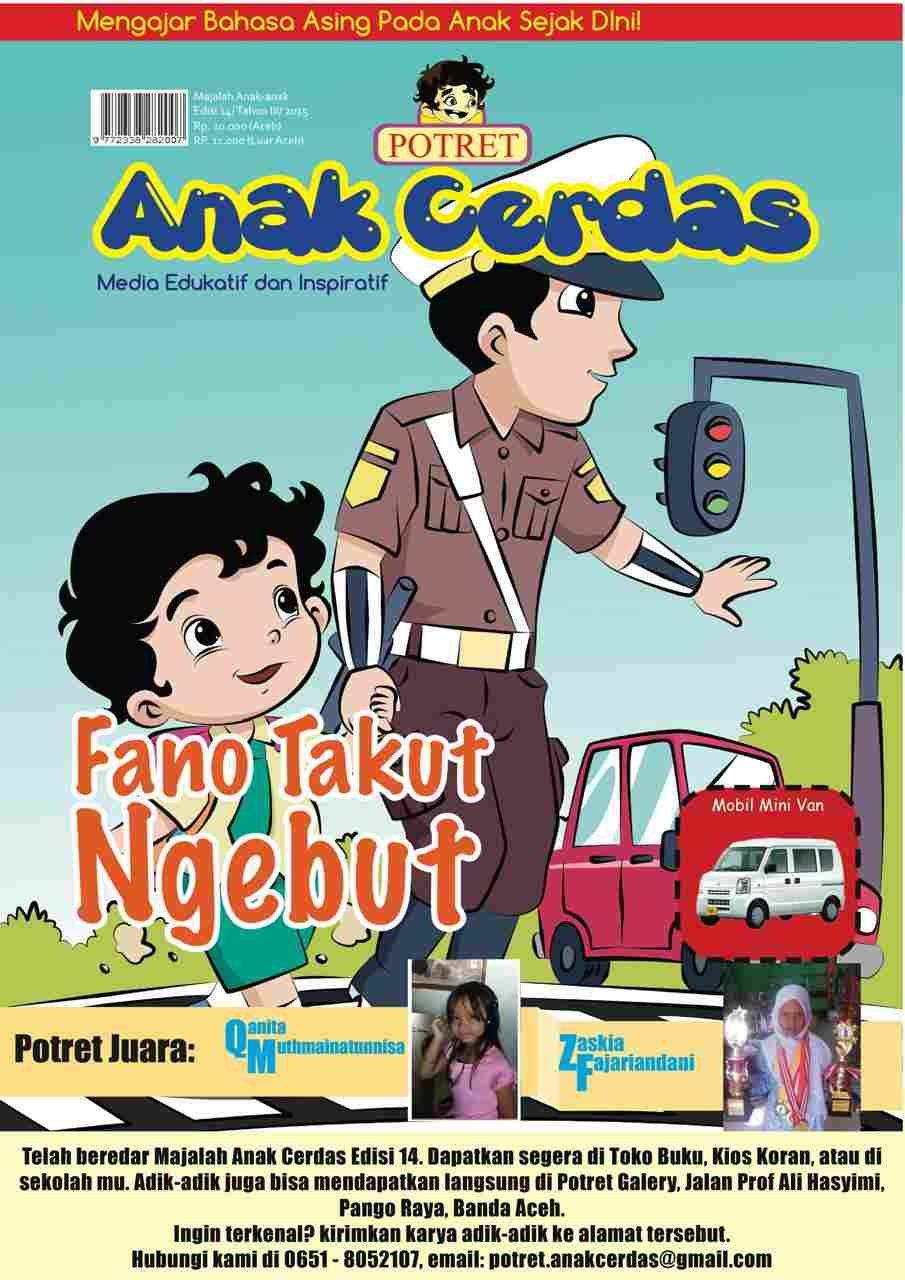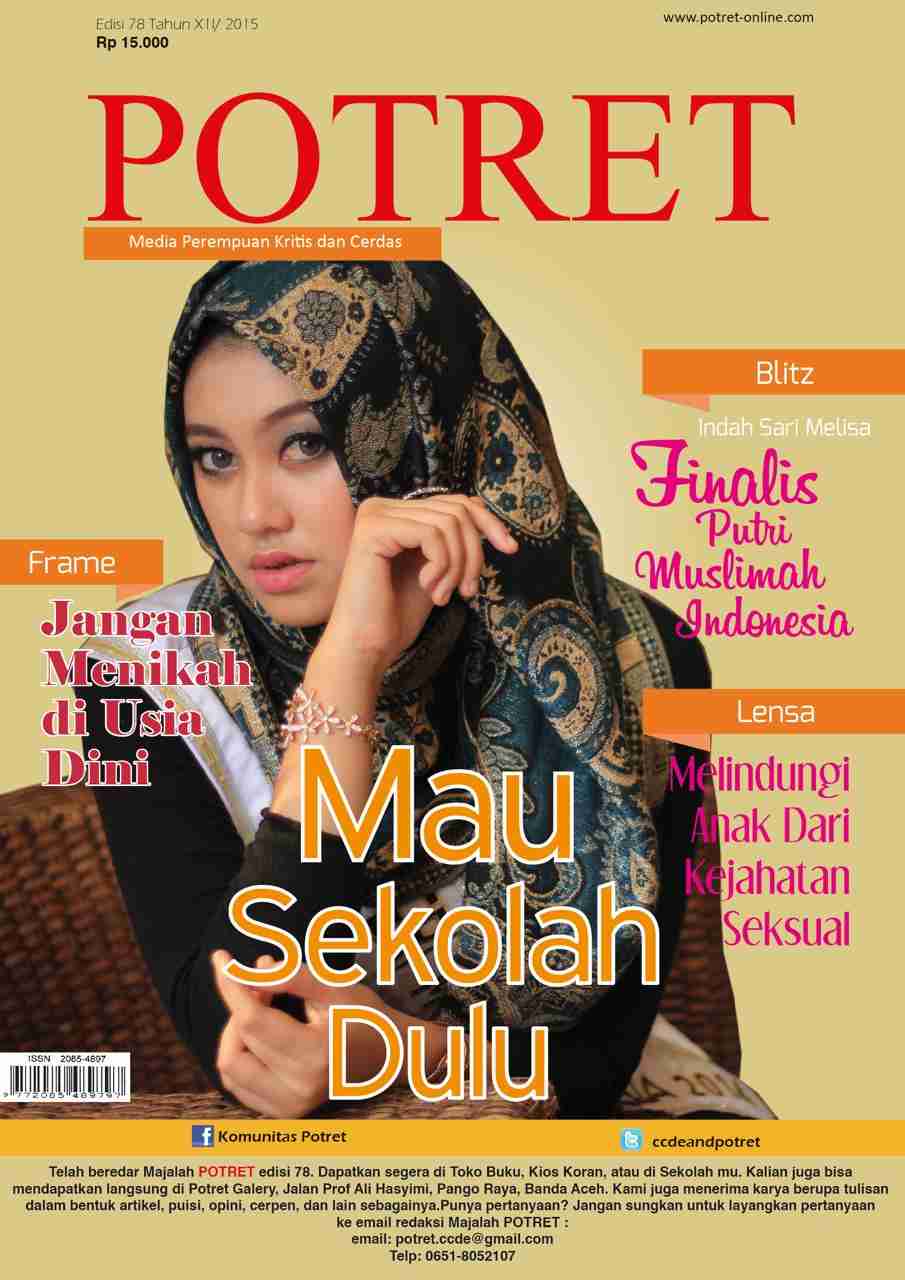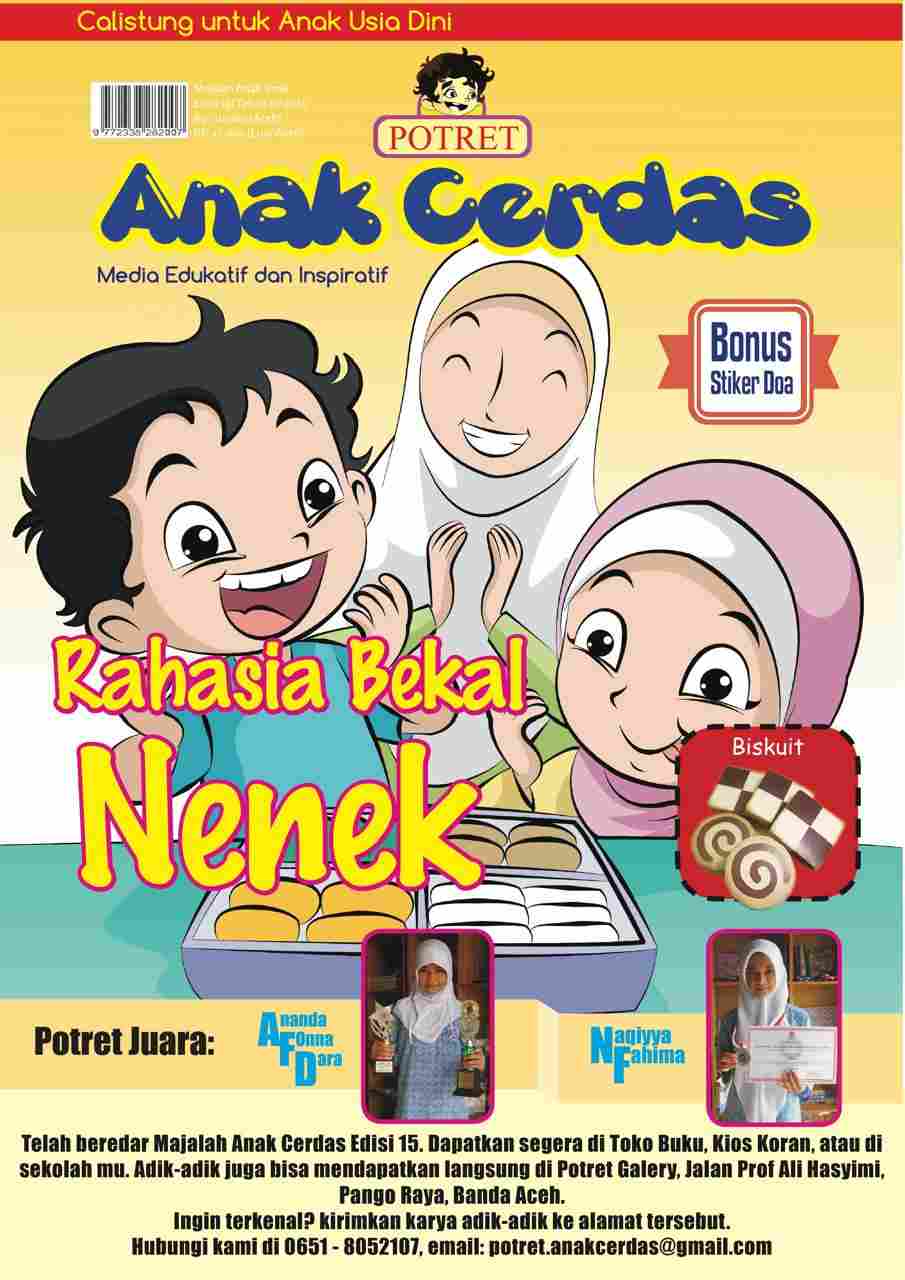Dengarkan Artikel
By Mohd Abbas Abdul Razak, PhD
A Visit to KLIBF 2025
Today, I managed to take some time off from my regular teaching duties to visit the Kuala Lumpur International Book Fair (KLIBF) 2025 at the World Trade Centre in downtown Kuala Lumpur. Witnessing the vibrant atmosphere of the book fair, with tens of thousands of people milling around the various sales booths, inspired me to reflect on the importance of cultivating the habit of reading in our lives. What brought me even greater joy was seeing so many children who attend schoolactively participating in the various events held there. A wide variety of books were put on sale, ranging from academic texts to novels, catering to the diverse interests of readers. Not to mention, the prices were quite reasonable as a way to encourage young people in today’s world to read.
Reading and Knowledge from an Islamic Perspective
From an Islamic perspective, the act of reading is strongly encouraged. The very first word revealed in the Qur’an—Iqra’—is a command for Muslims to engage in reading. Upon reflecting on the Qur’an, one finds that it emphasizes two distinct types of reading.
The first is the reading of the Qur’anic verses, which are the revealed words of God. The second involves reading the signs of Allah in the universe—the natural world, creation, and the order of existence. Through engaging in both forms of reading, a Muslim is reminded to remain humble before the majesty and mercy that God has bestowed upon all of humanity.
In the Qur’an, one finds many verses in which God praises people of knowledge and understanding (Al-Qur’an 3:190-191; 35:28; 39:9; 58:11). Many Muslim scholars believe that an individual who is guided by authentic knowledge can become a better person toward God, himself, his family, and humanity at large. On the other hand, ignorance and the lack of knowledge can lead a person to wrongdoings.
“In relation to the act of seeking knowledge, the Prophet of Islam (SAW) once said, ‘The one who ventures on the path of knowledge—Allah makes his path to Paradise easier.”
In another hadith, the Prophet (SAW) also stated, ‘Wisdom is the lost property of the Muslim; wherever he finds it, he has a greater right to it.
Besides the sayings of Prophet Muhammad (SAW), there is a word of wisdom shared by Sayyidina Ali (RA) that emphasizes the superiority of knowledge over wealth:
“Knowledge protects the one who possesses it, while the one who possesses wealth must protect it. Knowledge increases when shared, whereas wealth decreases when shared.”
In the Olden Days
In the old days, people living in all parts of the world, whether in the East or the West, loved reading. Books were seen as prized commodities. People who had enough money would buy books, read them, and proudly keep them in their homes or offices. Those who could not afford to buy books would borrow them from others or read them in public libraries. In this way, reading stayed alive in all communities.
Many famous thinkers and philosophers have always valued books. Socrates (around 470–399 BCE) believed that books help to save, arrange, and pass on knowledge to future generations. Books, for him, were tools to keep wisdom alive.
📚 Artikel Terkait
Imam al-Ghazali (1058–1111 CE), a renowned Muslim scholar, emphasized that books, especially those on religion and philosophy, are vital for helping the soul purify itself and draw closer to God. However, he also cautioned that possessing book knowledge alone, without deep reflection, can lead to pride and confusion.
Immanuel Kant (1724–1804), a German philosopher, was very passionate about reading. He believed that books have an important role in human lives. In one of his writings, What is Enlightenment, he said that reading books can be a great help in making people become independent in their thinking and in freeing them from ignorance.
Friedrich Nietzsche (1844–1900), a thinker and writer himself, appreciated books that challenge the human mind. He believed such books could reveal truths that people might find uncomfortable. In one of his quotes about books, he said, “A good book is like a dangerous potion — it must be handled with care.”
Allama Iqbal (1877–1938), who was a famous Muslim thinker, philosopher, and poet, was not in favour of a bookish nature in individuals. In Iqbal’s view, a book should awaken in man his inner dimension, which he calls the soul or self (khudi), to do great things for God and other people. Simply put, books, for Iqbal, should produce action and not act as mere preachers. The Qur’an, for Iqbal, is a book of deeds that calls for action.
Franz Kafka (1883–1924), who had a more or less similar view to Iqbal’s, believed we should only read those books that touch our human emotions and stir our hearts. Kafka’s famous quote on books says, “I think we ought to read only the kind of books that wound and stab us. If the book we’re reading doesn’t wake us up with a blow to the head, what are we reading for? … A book must be the axe for the frozen sea within us.” What Kafka’s quote explains to us is that the books we read should awaken our emotions to do good things or show kindness towards our fellow human beings and the world around us.

Reading in Today’s World
As the world entered the new era of digital media, including the Internet and social media, reading books is no longer seen as fashionable. Reading as a hobby and habit has dropped sharply in many parts of the world. For students, serious reading mostly happens only when they are preparing for exams or writing term papers.
Today, young people rarely carry printed books when they want to read. Instead, they prefer to read news, opinions, travel updates, and other light topics happening around the world on their laptops, smartphones, and tablets. Carrying these gadgets around university campuses and public places has become a trend among the youth, as they feel it keeps them up to date. The same is true with note-taking. Young people don’t want to burden themselves with carrying a notebook and some stationery items. They prefer to write using modern gadgets.
Reading Seen from My Perspective
Besides my position as an academic at the university, I have always seen myself as a student of life. I have always been fascinated by books and reading, and I regularly encourage my students to develop a habit of reading. Each semester, as I meet new students and interact with them in class, I try to take the opportunity to inspire them about the importance of reading.
When the semester is in full swing, I encourage my students to focus on reading materials related to their exams, projects, and presentations. But my approach changes toward the end of the semester. It has become somewhat of a tradition in my teaching career that during the last class of the semester, I encourage my students to read beyond textbooks—literature, poetry, history, spirituality, and more.
In my view, reading textbooks sharpens the mind, while reading literature, poetry, and human stories speaks to the heart. Education that feeds the mind is essential to face the challenges of the world. But education that touches the heart and soul helps us grow as better human beings—people who serve both God and humanity.
The Psychological Impact of a Book in Hand
I personally think that young people today, especially students, should build a habit of moving around with a book in their hands. A book in hand gives a psychological feeling that one is doing something good, being engaged in the habit of discovering new ideas.
Carrying a book in our hands also gives a good impression to those who see us. It silently tells others that we are readers and learners. At the same time, having a book in hand can even encourage us to keep reading until we reach the last page.
This is not the same with PDF books. Having thousands of books stored in our hard disks or pen drives is not equal to the feeling of holding a printed book. A physical book creates a different connection that digital files simply cannot replace.
How to Motivate Young People to Read
It is widely believed that a reading society is more civilized, ethical, and well-disciplined. To raise good individuals and responsible citizens, the government should encourage people to develop the habit of reading. To support young readers, schools, public libraries, and bookstores should collaborate with the government to organize activities such as book readings, book review sessions, and poetry recitals on a regular basis. Authors and academics can be invited to participate in these events to inspire and engage audiences. In addition, the government should recognize the contributions of authors in shaping a wholesome society. Annual events can be held to honour writers who produce outstanding works of literature.
My Final Word
In realizing that reading to enrich the soul is no longer popular in this digital age, we, as Muslims, should go back to the emphasis found in the Qur’an and try to revive the culture of reading that helps us become true human beings. Reading can broaden our horizon of thinking and enrich the soul for the love of God and humanity.
(The views expressed are those of Dr. Mohd Abbas Abdul Razak, Department of Fundamental and Interdisciplinary Studies, AHAS KIRKHS, IIUM, and do not necessarily reflect the views of Potret Online.)
🔥 5 Artikel Terbanyak Dibaca Minggu Ini


